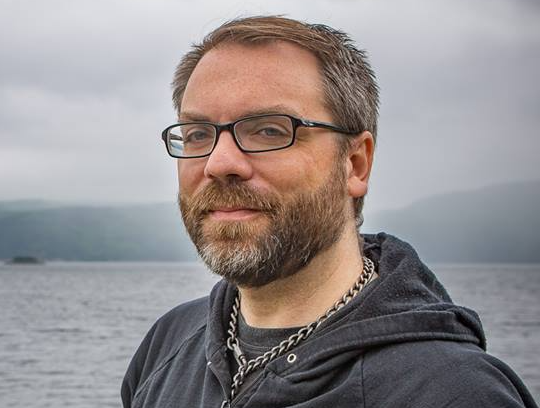We interrupt our regular programming to announce the launch of Asymptote‘s Winter 2018 issue! Here’s a tour of some of the outstanding new work from 30 different countries, which we’ve gathered under the theme of “A Different Light”:
In “Aeschylus, the Lost,” Albania’s Ismail Kadare imagines a “murky light” filtering through oiled window paper in the ancient workroom of the father of Greek tragedy. A conversation with acclaimed translator Daniel Mendelsohn reveals the “Homeric funneling” behind his latest memoir. Polish author Marta Zelwan headlines our Microfiction Special Feature, where meaning gleams through the veil of allegory. Light glows ever brighter in poet Mohammed Khaïr-Eddine’s “syntactically frenetic” “Arachnid Sun”; and in Erika Kobayashi’s fiction, nuclear devastation blazes from Hiroshima to Fukushima.
The light around us is sometimes blinding, sometimes dim, “like a dream glimpsed through a glass that’s too thick,” as Argentine writer Roberto Arlt puts it, channeling Paul to the Corinthians in The Manufacturer of Ghosts. Something dreamlike indeed shines in César Moro’s Equestrian Turtle, where “the dawn emerges from your lips,” and, as if in echo, Mexican writer Hubert Matiúwàa prophecies for his people’s children “a house made of dawn.” With Matiúwàa’s Mè’phàà and our first works from Amharic and Montenegrin, we’ve now published translations from exactly 100 languages!
We hope you enjoy reading this milestone issue as much as everyone at Asymptote enjoyed putting it together. If you want to see us carry on for years to come, consider becoming a masthead member or a sustaining member today. Spread the word far and wide!
*****
Read More News:


